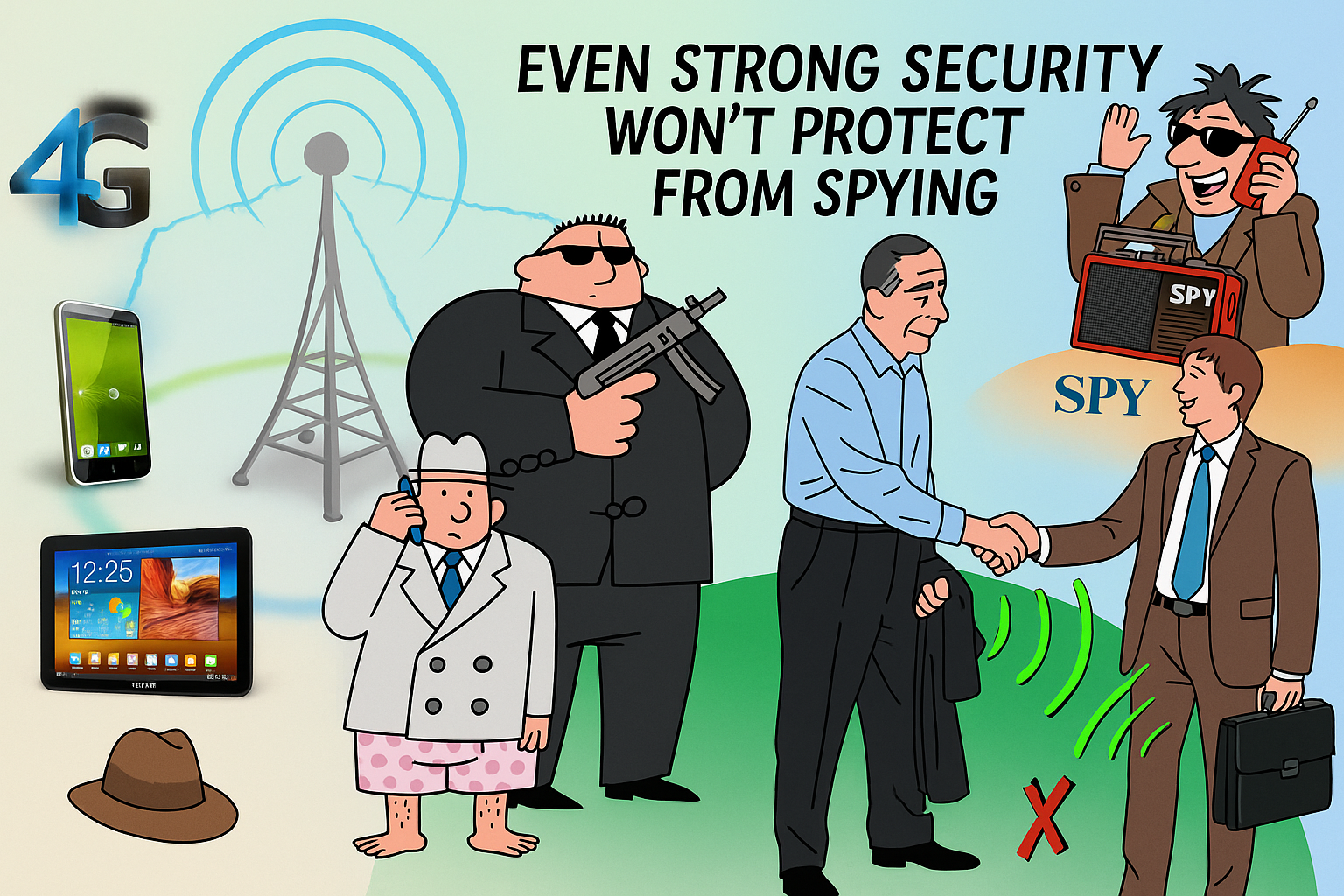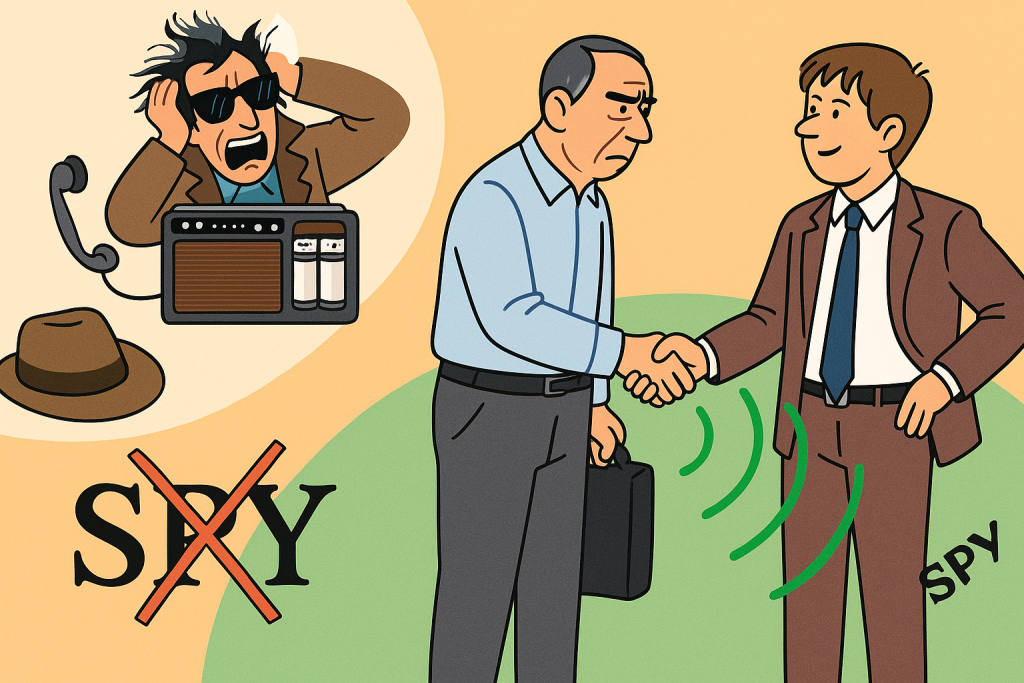In today’s hyper-connected world, privacy has become a rare luxury. Our smartphones have turned into indispensable tools-wallet, diary, GPS, and personal assistant all in one. But what if this loyal companion is also your biggest security threat? From invisible spyware to silent network backdoors, mobile phone wiretapping has quietly evolved from spy fiction into an everyday concern.
The Invisible War: Law Enforcement vs. Information Spies
While the public rarely sees it, there’s a digital tug-of-war happening behind the scenes. Law enforcement agencies are racing against cybercriminals, using advanced encryption, AI pattern detection, and secure communication systems to protect sensitive data.
Yet, no technology can fully replace human awareness. Just like locking your doors means nothing if you leave your windows open, cybersecurity also relies on personal vigilance. Knowing when to stay offline-or to physically isolate devices-remains one of the simplest yet most effective defenses.
Phones Aren’t Boardrooms: Some Conversations Deserve Silence
Most people don’t realize how easily mobile communications can be intercepted. Whether through telecom access, malicious apps, or compromised devices, your voice and data can be captured in transit. That’s why lawyers, executives, and negotiators often insist on “no-phone meetings.”
If privacy truly matters, the safest method is straightforward: power off your phone or remove the battery. For high-stakes meetings, consider creating a radio-silent zone using a professional 5G mobile phone signal jammer. This tool blocks all wireless connections-cellular, GPS, Wi-Fi-ensuring your words stay where they belong: in the room.
Detecting the Unseen: How Anti-Eavesdropping Devices Work
Today’s market offers various anti-eavesdropping scanners capable of detecting hidden bugs and spy transmitters. These devices analyze radio frequencies, identify unusual signals, and help locate unauthorized listening equipment.
However, not all threats are physical. Malware or remote spyware implanted through networks often bypass these tools entirely. That’s why experts emphasize physical isolation and digital hygiene as a dual-layer approach to security.
From Battlefield to Boardroom: The Rise of Civilian Communication Jammers
Originally developed for military use, communication jammers have found new civilian applications. By emitting electromagnetic waves that disrupt signal transmission (GSM, 3G, 4G, 5G, GPS, Wi-Fi), they create an “information blackout zone.” This ensures total confidentiality in places where every word counts-boardrooms, courtrooms, or diplomatic meetings.
This principle isn’t new. During World War II, Japan’s navy maintained radio silence before attacking Pearl Harbor-a strategy that confused U.S. intelligence. In today’s digital wars, “wireless silence” can be just as powerful.
Who Are the Real Eavesdroppers? It’s Not Always the Spies You Think
When people think of wiretapping, they imagine shadowy agents or high-tech hackers. The reality is often much closer to home:
- Corporate spies seeking insider information.
- Scammers using private recordings to blackmail victims.
- Suspicious partners or parents secretly installing monitoring apps.
- Curious colleagues who treat “tech pranks” as harmless fun.
Eavesdropping isn’t always driven by espionage-it’s often driven by obsession, curiosity, or fear. But the impact on privacy is the same.
Privacy Is Not a Privilege – It’s a Human Right
In a time when data equals currency, privacy isn’t about paranoia-it’s about protection. Every bit of personal information you share forms part of your digital identity. Once lost, it’s nearly impossible to reclaim.
You don’t need to be a diplomat or CEO to be a target. Anyone with a smartphone can become a pawn in someone else’s information game. So next time you’re discussing business plans, personal matters, or confidential ideas, remember this simple rule:
Turning off your phone isn’t paranoia-it’s smart self-defense.


